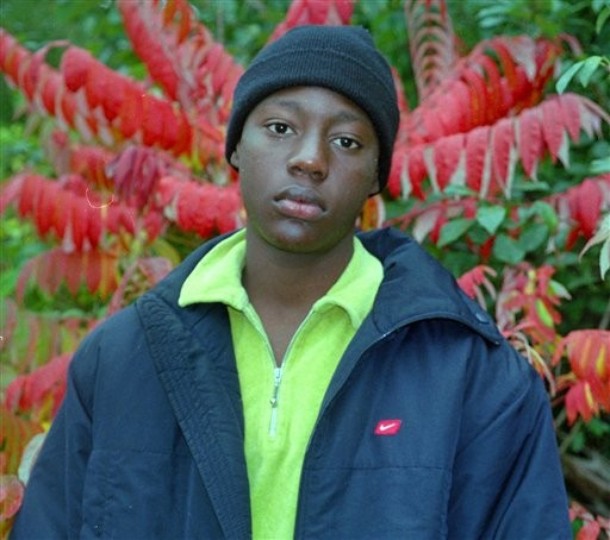Are We Winning the Cold War on Terrorism?
Is America winning a Cold War on terrorism?

Tim Rutten assesses America's "Cold War" approach to the war on terrorism:
While we seem to be applying the containment lesson appropriately, we're failing badly on the struggle's intellectual and cultural front. Many of the most devastating blows struck against Soviet totalitarianism were inflicted by writers and artists who'd lived under the system and then found allies in the West who appreciated their work and, most important, disseminated it. Books such as Arthur Koestler's "Darkness at Noon," Czeslaw Milosz's "The Captive Mind" and, most of all, Alexander Solzhenitsyn's "The Gulag Archipelago" were iron nails in the coffin of Soviet illusion.
Where now are the critics, Western intellectuals and publishing houses searching out and supporting the Islamic world's voices of tolerance and modernity, whether philosophical or artistic? If we don't find and embrace them and give them a secure platform from which to speak truth to those within their own societies hungry to listen, we're waging this struggle with one arm tied behind our collective back -- and, perhaps, hopelessly.
There are a number of problems with Rutten's analysis. First and foremost, the analogy to American aid to Soviet dissidents would only make sense if America was also supplying the Soviet Union with military and financial aid during the Cold War - which we obviously were not. In the case of terrorism, the United States supports the states that have helped foment Sunni radicalism - specifically Saudi Arabia, Pakistan, and Egypt. Seeking out dissidents to these regimes would undermine our partnerships with them. If we're seriously concerned about terrorism, the place to start is not with dissidents but with official American aid to these particular regimes.
Second, Rutten completely ignores the political dimension of jihadism. He writes:
Jihadism involves a conscious rejection of democracy, modernity and the open society as embodied in the lives of each of these men.
This is an incomplete reading, to say the least. The University of Chicago's Robert Pape, who has studied terrorism and has compiled a data base of every suicide terrorist attack over the past 30 years, has said that the driver of terrorism is the political goal of compelling democratic states to remove military forces from soil the terrorists prize. Now, you can assign the political agenda of jihadism different weight than a "rejection of democracy" and other factors, but you can't ignore it entirely, as Rutten does.
It's impossible to formulate an effective long-term strategy against jihadist terrorism if we're unwilling to honestly grapple with its root causes.
(AP Photos)



